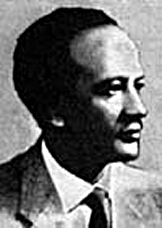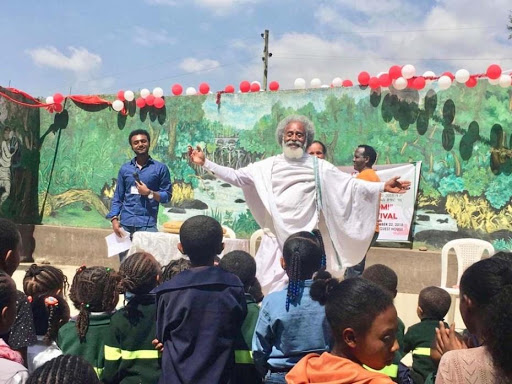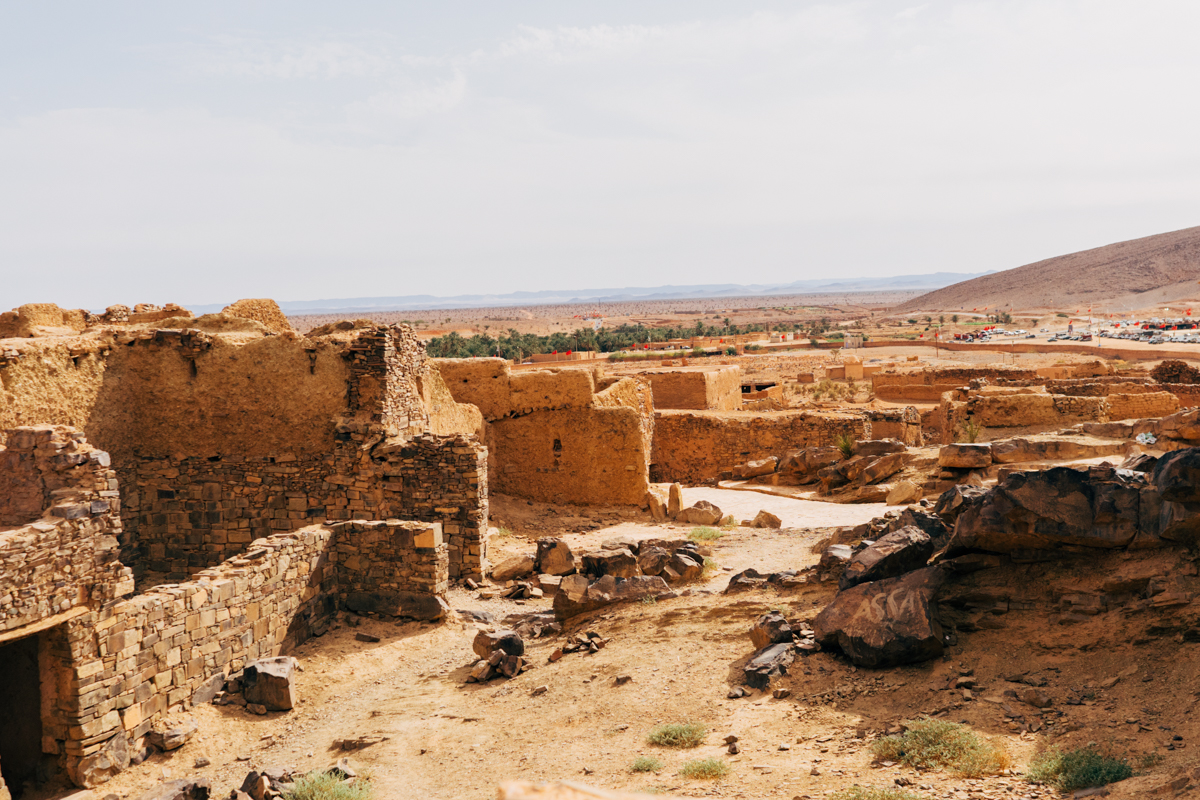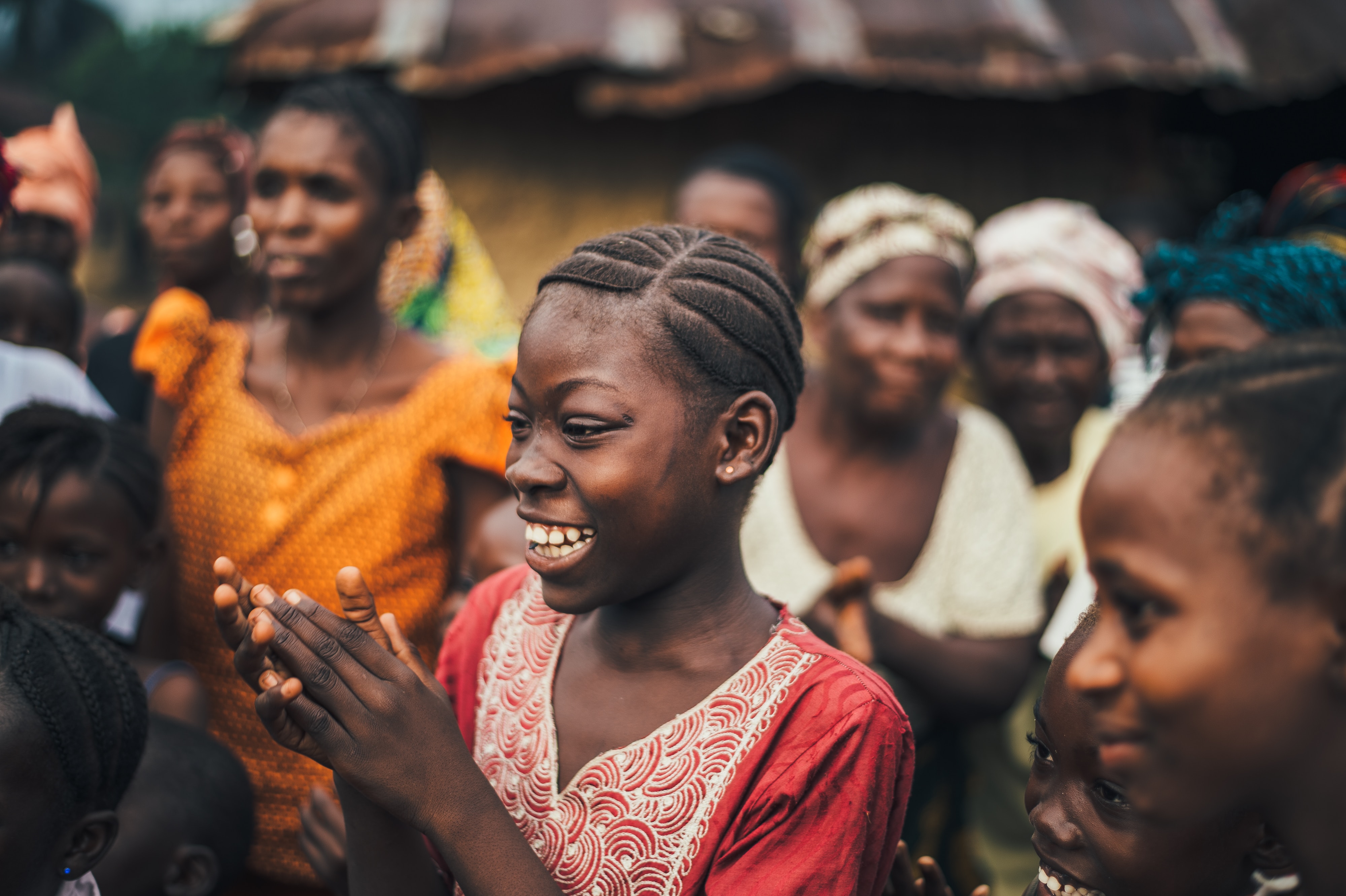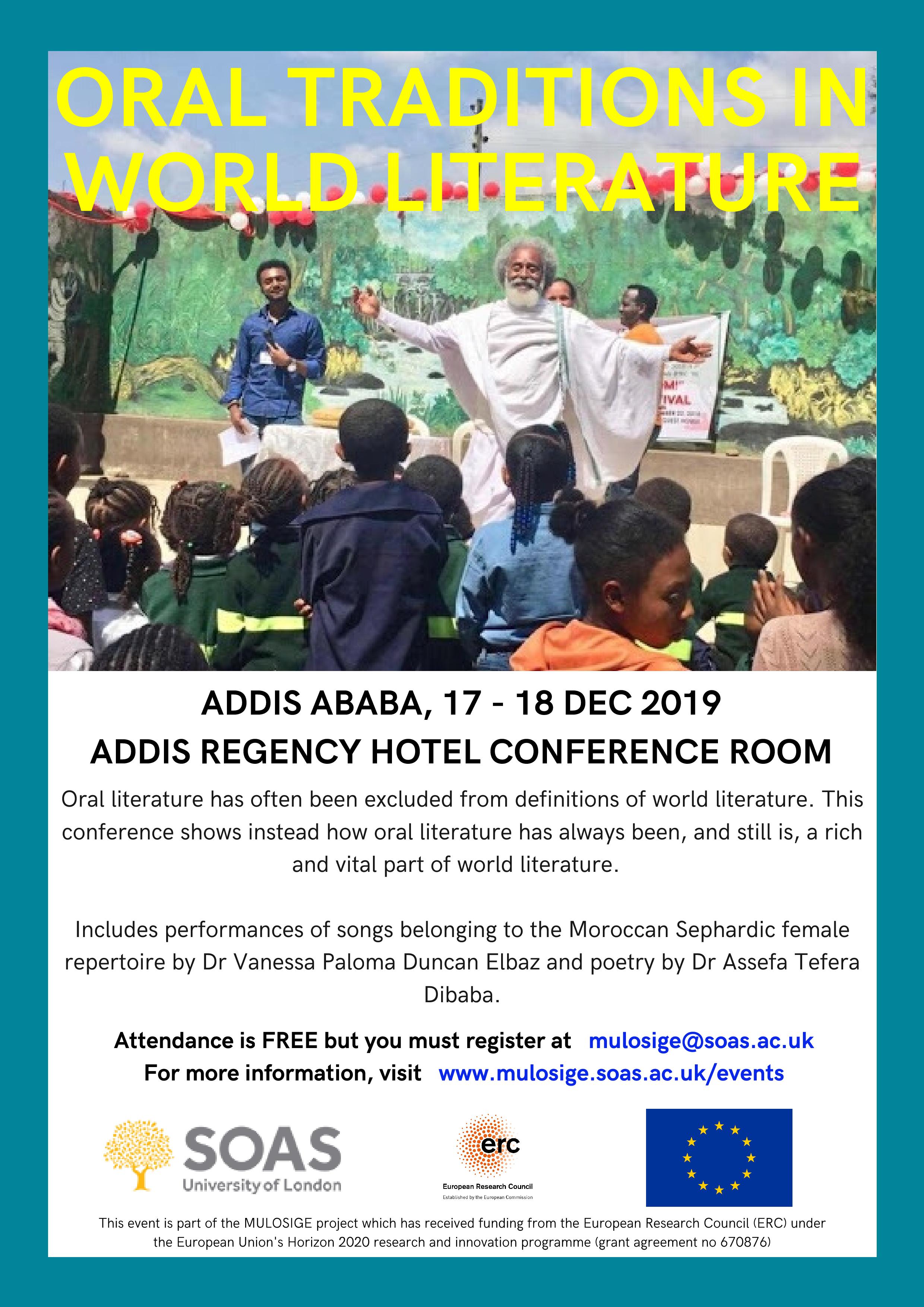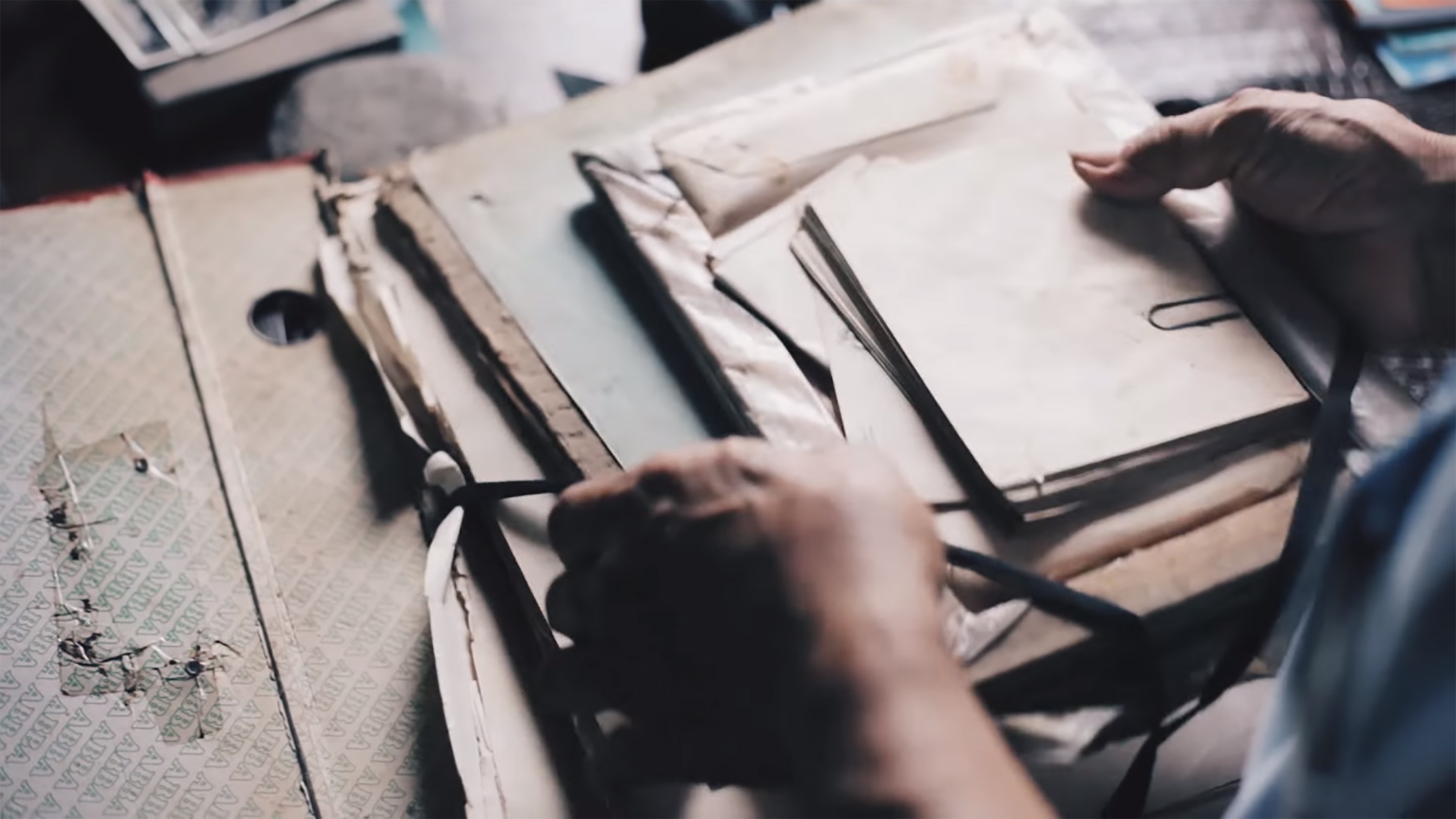.
In the medieval period, the Christian and Muslim parts of the Horn of Africa were well connected with centres of religious learning in the Eastern Mediterranean and Middle East, with a vast network of exchanges and translations between Geez, Arabic, Greek, Coptic, and Syriac. Mission stations set up by various European denominations in the 19th century coincided with a rapid increase in the volume of Tigrinya- and Oromo-language production, while in the imperial court Amharic gradually replaced Geez as the official language of the state.
From the beginning of the twentieth century Amharic saw a boom in fictional and non-fictional production, mostly linked to new state schools, newspapers, and publishing houses. The short-lived Italian colonial presence (1936-1941) did not significantly impact Amharic literary forms, styles and aesthetic values. Starting from the 1941 liberation, policies of cultural assimilationism reinforced the marginalisation of Ethiopian languages other than Amharic, such as Tigrinya and Oromo. International scholars have tended to reinforce the power relation between Amharic as the cultural centre of the region and “peripheral” literatures—thus allying themselves with the dominant language.
Although the issue of orality is perceived to be central to the literary and cultural heritage of the Horn of Africa, there is a general lack of comparative studies between the oral and the written and their interactions. MULOSIGE’s comparative focus on orature and written genres will show how the “local” in the Horn of Africa is layered and structured along networks of linguistic, cultural and political power relations.
Contemporary African Oral Traditions – Roundtable Recording
Orature plays a determinant role in literary expression around the world, but unwritten verbal arts have been explicitly excluded from definitions of world literature. Watch the recording from the roundtable on Contemporary Oral African Traditions to learn more about orature's place in world literature.
Oral Traditions in World Literature – Conference Programme
The MULOSIGE project (Multilingual Locals, Significant Geographies: SOAS University
MULOSIGE Reading List: The Significant Literary Geographies of African Festivals
In an era where cultural festivals multiply, so-called African festivals have spread in Africa, but also outside of Africa, in major cities as well as in little-known villages, for example in provincial France. What are some of their implications and effects in the case of francophone African literature?
Poétiques et politiques de l’activisme des écrivains dans les Pays du Sud
Cette conférence s’assigne comme but d’explorer selon une perspective comparée la manière dont l’activisme des écrivains négocie la poétique et la politique dans trois régions des Pays du Sud: le Maghreb, la Corne de l’Afrique et le nord de l’Inde.
Oral Traditions in World Literature – Addis Ababa Conference
In this conference, we argue that oral traditions are a vital component of world literature, and not only as an antecedent to written literatures, but in their own right. The conference seeks to move past the characterisation of oral literature as traditional, locally constrained, and less aesthetically complex than written literatures. We will show instead that oral traditions are a modern and dynamic form of literary expression everywhere around the world, sometimes able to circulate across long distances.
Conference: The Poetics and Politics of Writer-Activism in the Global South
MULOSIGE is co-organising the conference "The Poetics and Politics of Writer-Activism in the Global South: Between Local Engagement and World-Making Solidarities" with The University of Mohamed V, Faculty of Letters and Human Sciences; Rabat, Morocco, 16-17 April 2020.




